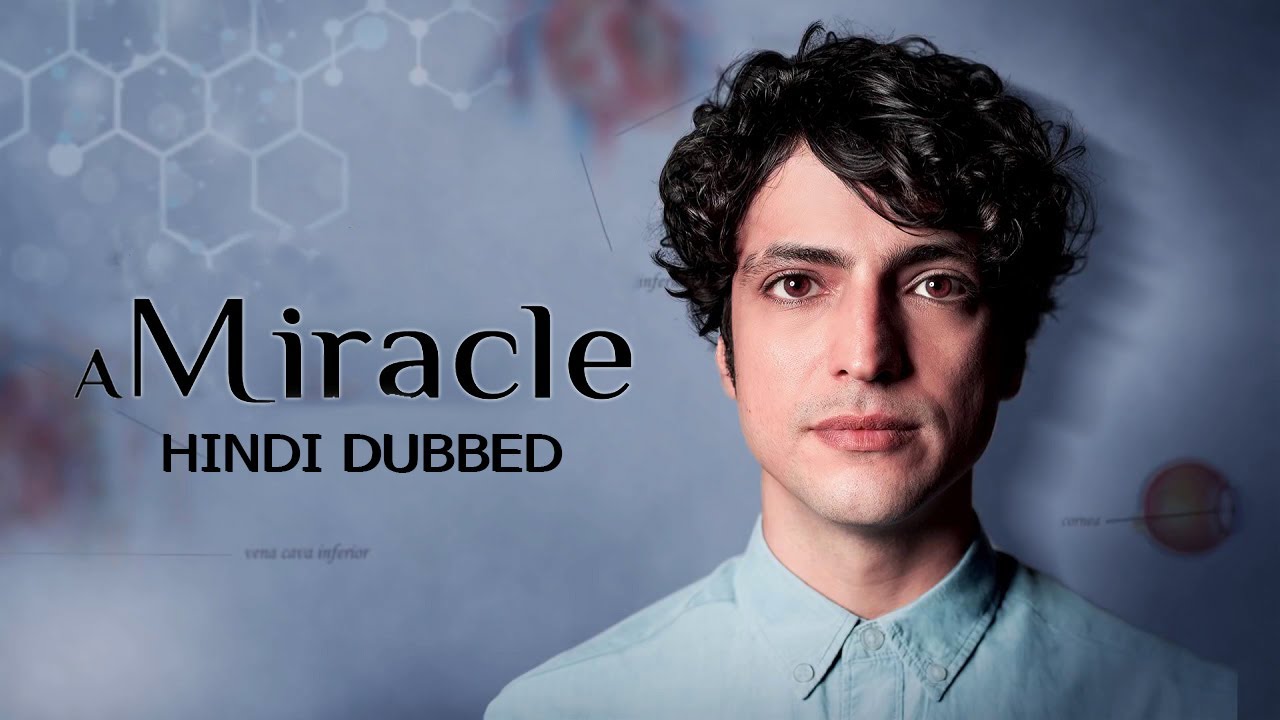A Miracle Drama Review: “Miracle in Cell No. 7” (“7. Koğuştaki Mucize”) is a Turkish drama film that was released in 2019. Directed by Mehmet Ada Öztekin, the movie is a remake of the 2013 South Korean film of the same name. “Miracle in Cell No. 7” captivated audiences in Turkey and beyond with its heartwarming story, powerful performances, and emotional depth.
Plot Overview
The film follows the story of Memo, a mentally challenged man played by Aras Bulut İynemli, who lives happily with his young daughter, Ova (Nisa Sofiya Aksongur). Despite facing challenges due to his disability, Memo’s love for his daughter knows no bounds, and the two share a special bond. However, their lives take a tragic turn when Memo is wrongfully accused of a crime he did not commit.
After being unjustly convicted of murder and sentenced to death, Memo is imprisoned in Cell No. 7 of a maximum-security prison. Separated from his beloved daughter, Memo’s only solace comes from the friendship and support of his fellow inmates. Determined to prove his innocence and reunite with Ova, Memo embarks on a journey of hope, resilience, and redemption.
Through a series of flashbacks, the film reveals the events leading up to Memo’s arrest and the circumstances surrounding the crime. As Memo’s fellow inmates rally behind him and his daughter fights for justice on the outside, the true power of love and the human spirit is put to the test.
Themes and Cultural Context
“Miracle in Cell No. 7” explores several themes that resonate deeply with audiences, including love, family, friendship, justice, and the resilience of the human spirit.
- Love and Family: At its core, the film is a poignant exploration of the bond between a father and his daughter. Memo’s unconditional love for Ova is the driving force behind the film’s narrative, inspiring acts of courage, sacrifice, and selflessness. The film celebrates the power of familial love to transcend barriers and overcome adversity.
- Friendship and Solidarity: In the confines of Cell No. 7, Memo finds unexpected allies in his fellow inmates, who become his surrogate family. The camaraderie and solidarity among the prisoners highlight the importance of friendship and mutual support in the face of hardship. The film underscores the transformative power of compassion and empathy in fostering human connection and understanding.
- Justice and Redemption: “Miracle in Cell No. 7” shines a spotlight on the flaws and injustices of the legal system, as Memo is wrongfully convicted and sentenced to death. The film raises important questions about truth, fairness, and the pursuit of justice, challenging viewers to confront issues of prejudice, corruption, and institutional failure. Through Memo’s quest for exoneration and redemption, the film offers a message of hope and resilience in the face of injustice.
Character Analysis
- Memo: Aras Bulut İynemli delivers a tour de force performance as Memo, bringing depth, warmth, and vulnerability to the character. Memo’s innocence and childlike innocence endear him to the audience, while his unwavering love for his daughter serves as the emotional heart of the film.
- Ova: Nisa Sofiya Aksongur shines as Ova, Memo’s spirited and resilient daughter. Aksongur’s portrayal captures Ova’s innocence, determination, and unwavering belief in her father’s innocence. Ova’s unwavering faith and love for her father serve as a source of inspiration and hope throughout the film.
- Memo’s Inmates: The ensemble cast of Memo’s fellow inmates delivers standout performances, bringing humor, heart, and humanity to their respective roles. Each character adds depth and nuance to the film’s narrative, highlighting the bonds of friendship and solidarity that form within the confines of Cell No. 7.
Visual and Cultural Representation
Set against the backdrop of a Turkish prison, “Miracle in Cell No. 7” offers a gritty and immersive portrayal of life behind bars. The film’s cinematography captures the stark realities of prison life, from the cramped cells to the harsh conditions faced by inmates. Through its visual storytelling, the film provides a window into the world of Turkey’s criminal justice system, shedding light on the challenges and injustices faced by prisoners and their families.
Cultural elements are woven throughout the film, offering viewers a rich and authentic glimpse into Turkish culture and society. From the vibrant street markets to the traditional customs and rituals, “Miracle in Cell No. 7” celebrates the richness and diversity of Turkish heritage, adding depth and authenticity to the film’s narrative.
Social Impact and Reception
“Miracle in Cell No. 7” received widespread acclaim from audiences and critics alike, earning praise for its powerful storytelling, compelling performances, and emotional resonance. The film became a box office success in Turkey and garnered international recognition, resonating with audiences around the world.
The film’s success can be attributed to its universal themes and its ability to touch the hearts of viewers across cultures and borders. “Miracle in Cell No. 7” sparked important conversations about justice, compassion, and the power of love to overcome adversity, inspiring audiences to reflect on the values that unite us as human beings.
Conclusion
“Miracle in Cell No. 7” is a poignant and emotionally resonant drama that has left a lasting impression on audiences in Turkey and beyond. With its powerful storytelling, compelling performances, and universal themes, the film offers a timeless message of love, redemption, and the resilience of the human spirit.
Through its exploration of the bond between a father and his daughter, the film celebrates the transformative power of love to conquer even the greatest of obstacles. In summary, “Miracle in Cell No. 7” is more than just a movie; it is a testament to the enduring power of hope, compassion, and the human capacity for forgiveness and redemption.










+ There are no comments
Add yours